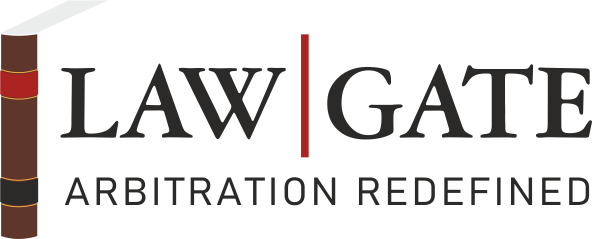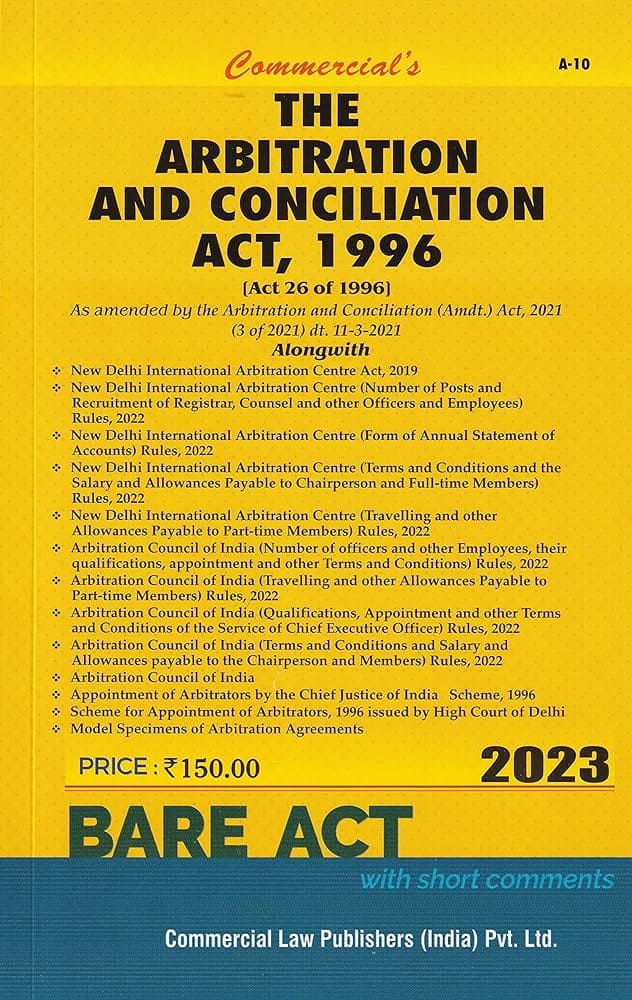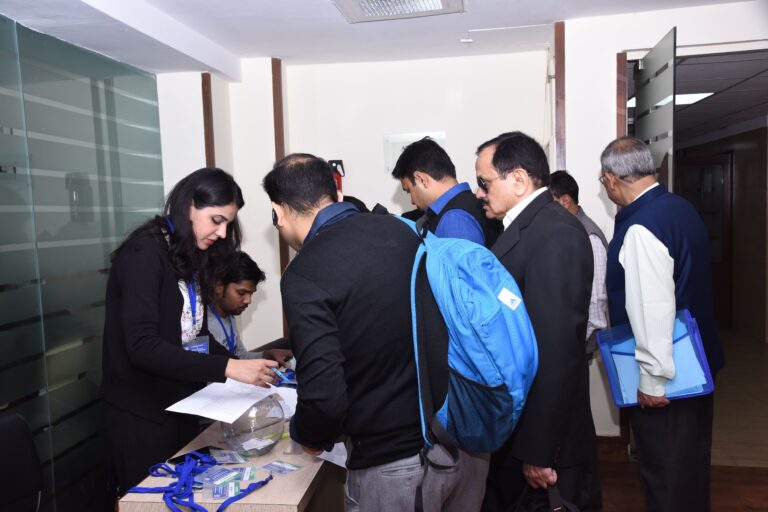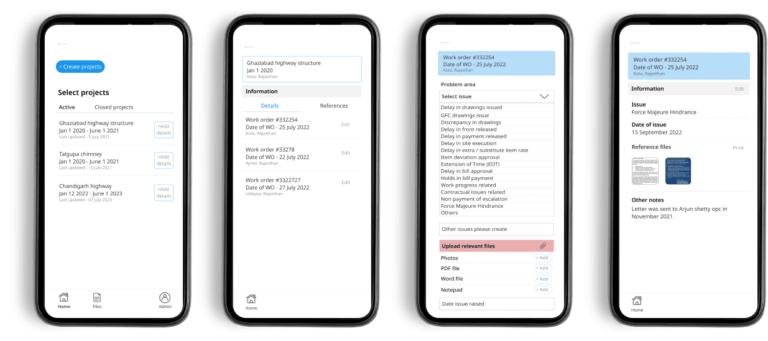Videos

An intro to Claim Management in the Construction Sector
Reciprocal Promises are often Hidden in Construction Contracts and therefore they need to be evaluated with enriched construction experience and well documented during project execution

An intro to Claim Management in the Construction Sector
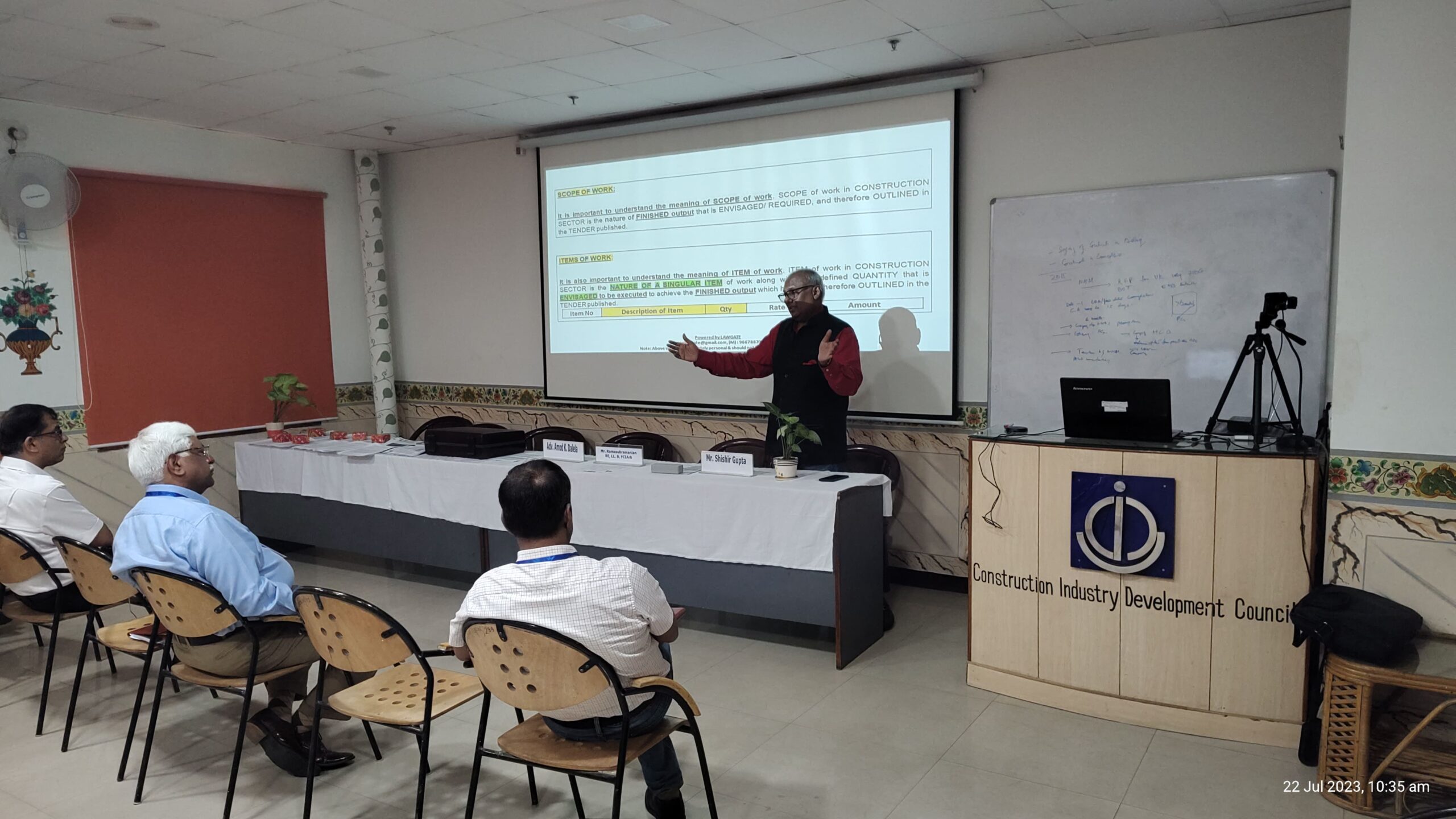
What is 'Completion of Work' in Construction Contracts

Discussion on Construction Contract Management at CIAC Delhi

An intro to Claim Management in the Construction Sector

What is 'Completion of Work' in Construction Contracts
Articles


Comprehensive Construction Dispute Resolution Services: A Guide to
Litigation, Arbitration, Mediation, and Testifying Experts
Posted on 12 Feb 2024
Given the complexity of construction projects and the potential for disagreements to arise, effective arbitration management is crucial for ensuring timely and fair resolution of disputes. In this article, we delve into the key aspects of arbitration management in the construction sector.
- Prevention through Contractual Clauses: Effective arbitration management begins before any disputes arise. Construction contracts should include clear and comprehensive arbitration clauses specifying the process for resolving disputes. These clauses typically outline the arbitration rules, the appointment of arbitrators, the governing law, and the venue for arbitration.
- Early Dispute Resolution: Timely resolution of disputes is essential to prevent delays and additional costs in construction projects. Arbitration management should prioritize early dispute resolution mechanisms such as negotiation, mediation, or expert determination. These methods can help parties reach a settlement before escalating the dispute to formal arbitration.
- Selecting the Right Arbitrator: The choice of arbitrator can significantly impact the outcome of arbitration proceedings. Arbitration management involves careful selection of arbitrators with relevant expertise in construction law and industry practices. Neutral and impartial arbitrators who possess knowledge of construction contracts, project management, and dispute resolution techniques are preferred.
- Effective Case Management: Once arbitration proceedings commence, effective case management is essential to ensure efficiency and fairness. This includes setting realistic timelines, managing document disclosure, scheduling hearings, and addressing procedural issues promptly. Proactive case management helps streamline the arbitration process and reduces unnecessary delays.
- Cost Management: Arbitration can be costly, particularly in complex construction disputes involving multiple parties and significant claims. Effective arbitration management involves controlling costs through budgeting, cost-sharing arrangements, and limiting unnecessary procedural steps. Parties should also consider alternative fee arrangements, such as fixed fees or capped hourly rates, to manage costs effectively.
- Enforcement of Awards: The enforceability of arbitration awards is a key advantage of arbitration over traditional litigation. Arbitration management should include measures to ensure timely enforcement of awards, such as selecting jurisdictions with favorable enforcement laws and obtaining security for potential awards.
- Continuous Improvement: Finally, effective arbitration management requires a commitment to continuous improvement. Parties should regularly review their arbitration processes, identify areas for enhancement, and implement best practices to optimize efficiency and effectiveness in resolving construction disputes.
In conclusion, effective arbitration management is essential for successful dispute resolution in the construction sector. By emphasizing prevention, early resolution, careful selection of arbitrators, efficient case management, cost control, enforcement of awards, and continuous improvement, construction stakeholders can navigate disputes effectively and minimize the impact on project timelines and budgets
